Artificial Intelligence in Healthcare
Artificial Intelligence is widely accepted in businesses and society now and beginning to be applied to healthcare. Revolutionizing ML applications in 2024, Artificial intelligence in healthcare has the potential to transform multiple aspects of patient care along with administration processes within providers, payers, and pharmaceutical organizations.
As the healthcare industry is shifting the innovative landscape with AI and ML, it is transforming the way to diagnose and manage health, and treatment. In this blog, we will delve deep into the exciting world of AI in Healthcare while exploring ML applications.
Machine Learning (ML) Applications in Healthcare
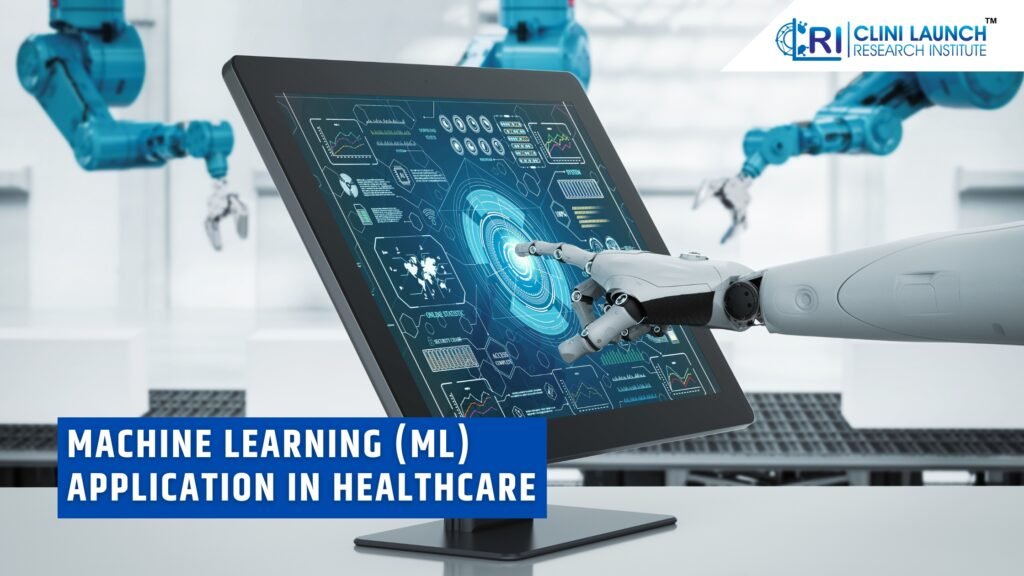
With the expansion in technological aspects of healthcare, machine learning improves personalized medication, accuracy in diagnosis, and has the potential to find dynamic solutions to traditional methods. By using machine learning (ML) applications in healthcare, you can programme computers to make connections, predictions, and discover insights from huge datasets that healthcare providers may miss out on.
The main goal of machine learning is to improve patient care while producing medical insights that were unavailable before. Doctors may validate their reasoning and decision-making process through predictive algorithms. Suppose, a doctor is prescribing a specific medication to a patient, and simultaneously, machine learning validates the medication history of another patient who benefits from the same treatment.
Want to learn Artificial Intelligence and Machine Learning? | Join Best AI Training Institute in India.
Machine Learning Algorithms & Healthcare Innovation
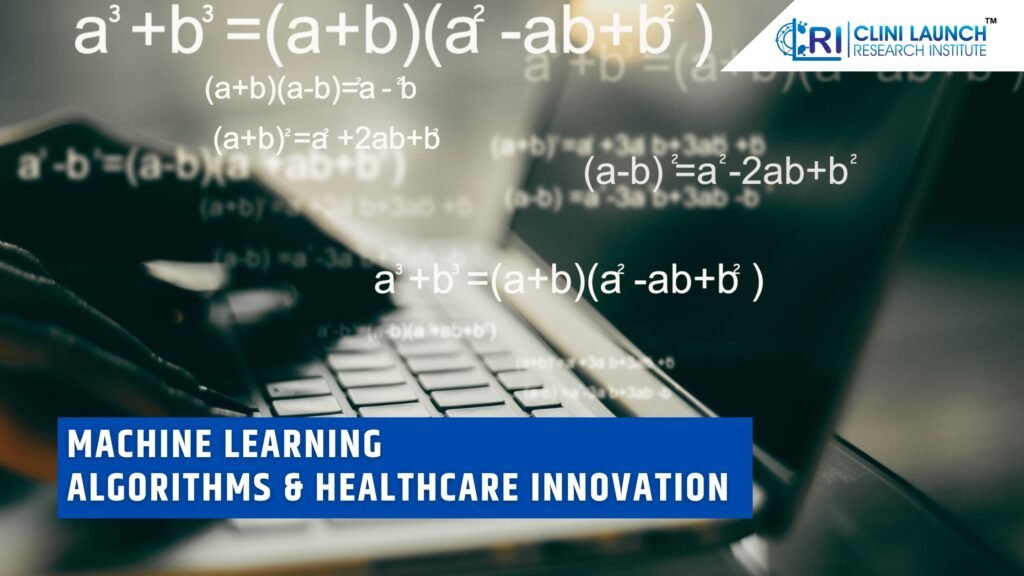
With an increase in the digitalization of health data and records, securing healthcare patient data is of utmost importance. Machine learning algorithms accelerates healthcare innovation with enhance data security while detecting, and requires real-time data threat response. The ML algorithms identify unique patterns indicating data breaches ensuring that the patient data remains protected. Here are some benefits of using ML algorithms in the healthcare settings:
Enhancing Diagnosis and Treatment
Machine learning algorithms analyze huge medical data, discovering unique hidden patterns while enabling accurate diagnosis. Early diagnosis can lead to preventive intervention along with the development of personalized treatment plans.
Optimize Healthcare Operations
Artificial intelligence can streamline administrative tasks and optimize healthcare operations utilizing valuable time of healthcare professionals to focus on patient care. In addition, it can predict patient inflow which allows medical professionals a better resource allocation and reduce waiting time.
Empowering Patients
Artificial intelligence-powered virtual assistants and chatbots provide patients 24//7 support and assistance, answering healthcare questions while also monitoring aliments offering guidance and empowering patients to take a proactive role in health management.
The Future of Healthcare is Intelligent
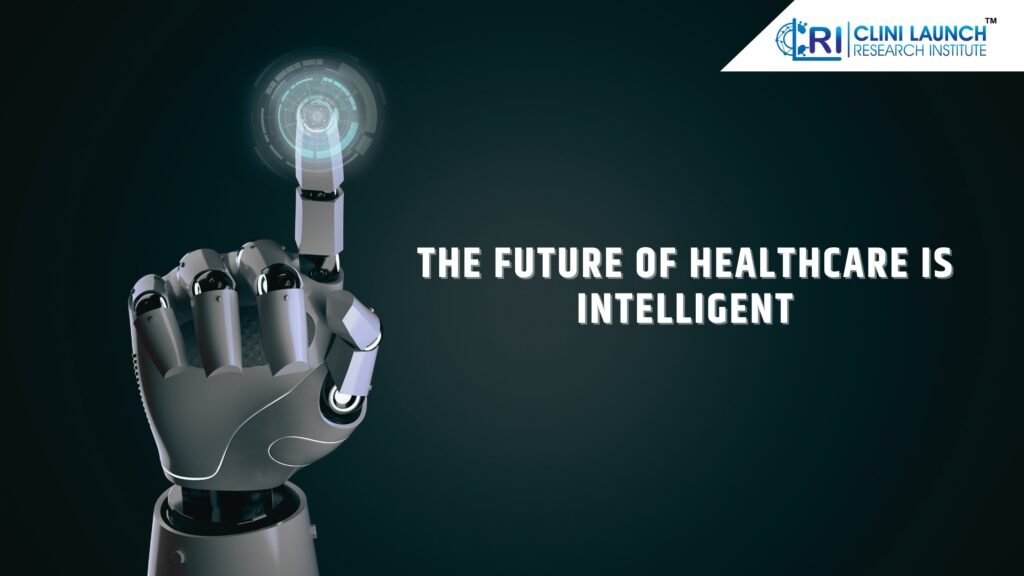
As healthcare innovation is rising globally while optimizing patient treatment and care, AI appeared to revolutionize the healthcare landscape with immense possibilities. It significantly reduces errors and saves lives paving the way to better patient care and experiences. In the context of Acropolium, artificial intelligence extends beyond data processing and offers benefits by 2030. AI in Healthcare is expected to be worth $208.2B with a huge jump from its value of $20.9B in 2024. This growth complements rising interest in personalized medicine, the use of big data to make delivery systems more efficient, and the elimination of expensive methods in healthcare.
Want to learn Artificial Intelligence and Machine Learning? | Join Best AI Training Institute in India.
Challenges and Considerations in Patient Centered Technology
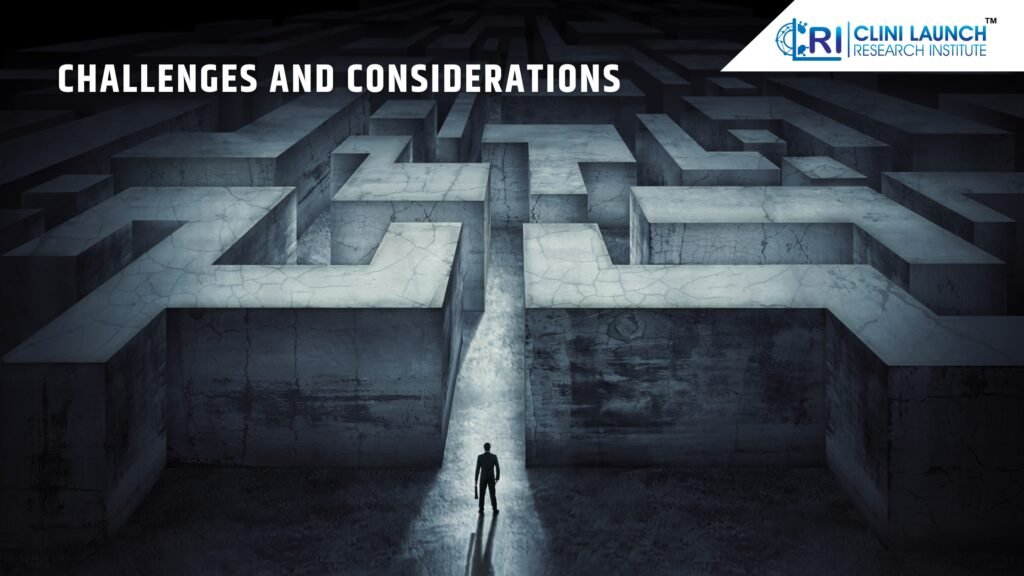
With the lack of coordination across the healthcare settings and life sciences, it is better to build the digital infrastructure required for patient-centric technology. To achieve the intended patient-centered technology across the healthcare sector to determine the patient value chain, various stakeholders need to collaborate to make the system patient-focused. Following are some of the key challenges that slow down the realization of patient-centric healthcare:
- Consent of the patient remains a critical challenge for various healthcare organizations.
- Integration of technologies and platforms to provide a seamless experience to patients.
- Necessary education and support to patients and making them actively participate in their healthcare decisions.
- Development and implementation of personalized healthcare solutions due to limited resources and budget constraints.
- Shift to a patient-centric operating model from a provider-centric and supplier-oriented operating model.
The Future is Bright for AI & ML in Healthcare
Despite limitations in patient-centric innovative healthcare, artificial intelligence positioned itself to revolutionize the healthcare industry. AI integration in the system enables busy doctors to transcribe notes, diagnose patients, enter and organize patient data into portals, and potentially, it serves medical professionals with a second opinion. It also helps patients with follow-up care based on the availability of prescribed drug alternatives.
To know the use of machine learning and artificial intelligence in healthcare settings, join the best AI training institute in India. For more details, visit the AI and ML in Healthcare.

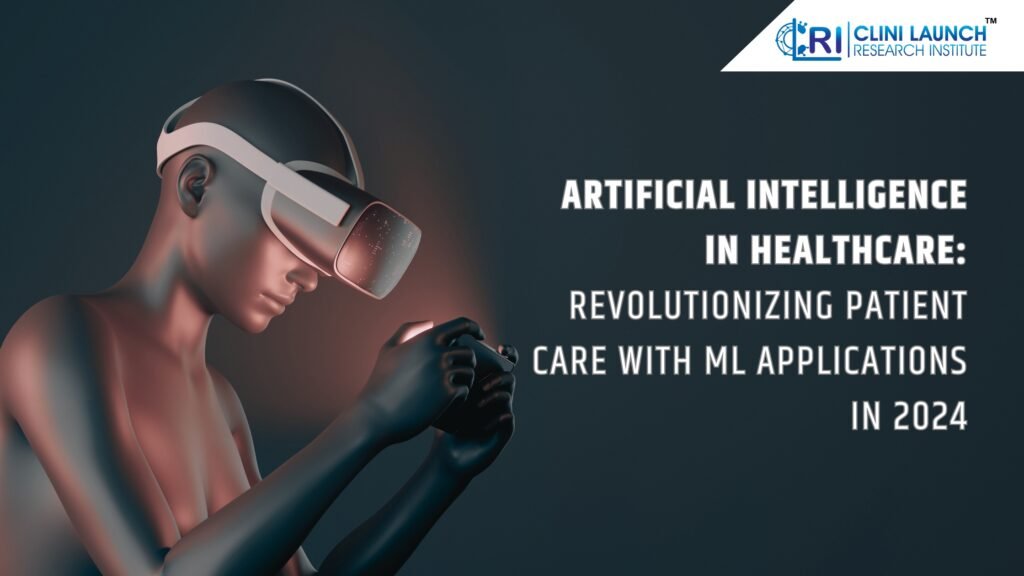




Thank you for your sharing. I am worried that I lack creative ideas. It is your article that makes me full of hope. Thank you. But, I have a question, can you help me?